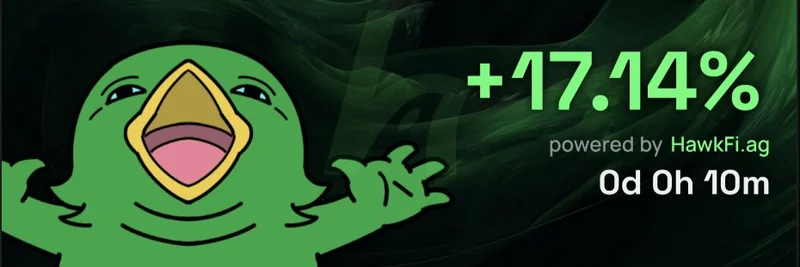Hey there, crypto enthusiasts! If you’ve been scrolling through X lately, you might have stumbled upon a fiery thread from MartyParty that’s got everyone talking. Posted on July 3, 2025, this thread dives deep into a hot topic: the separation of spot and futures markets in the crypto world. As someone who’s spent years covering the blockchain beat (including a stint as editor-in-chief at CoinDesk), I’m excited to break this down for you in a way that’s easy to digest—especially if you’re into meme tokens or just trying to level up your blockchain knowledge at Meme Insider.
Why Spot and Futures Markets Can’t Mix
MartyParty kicks things off by pointing out a key difference in traditional finance: the New York Stock Exchange (NYSE) and NASDAQ handle spot trading (buying and selling assets at current prices), while the CME Group deals with futures and options (contracts to buy or sell assets at a future date). These are regulated by separate entities to avoid conflicts of interest. The reasoning? If the same exchange controlled both, it could manipulate prices or favor one market over the other—something regulators want to prevent.
In crypto, though, things get messy. Marty argues that digital asset exchanges like Binance (with its $BNB token) and Base (tied to $ETH) shouldn’t host both spot and futures markets for their own assets. Why? It’s a potential conflict of interest. Imagine an exchange tweaking futures prices to boost its own token’s value on the spot market—pretty shady, right? Marty’s not mincing words here, ending with a bold “We not idiots,” which has sparked a wave of agreement across the thread.
The Regulatory Dilemma
The discussion doesn’t stop there. A follower, Quixotic Eccentric, raises a juicy question: can U.S. regulators control crypto markets based outside the U.S.? Marty responds by comparing it to global commodity markets like gold, where regulators collaborate across borders. But he highlights a snag: Binance operates from offshore locations like small islands, giving it a dominant yet hard-to-regulate influence. This ties into past controversies, like the SEC’s lawsuit against Binance, where conflicts of interest (and regulatory reach) have been hotly debated.
What This Means for Meme Tokens and Beyond
For those of us at Meme Insider, this hits close to home. Meme tokens often ride the waves of hype on exchanges, and any manipulation in spot or futures markets could skew their value. If exchanges like Base (linked to Ethereum) play both sides, it could affect not just $ETH but also the countless meme coins built on it. The call for separation isn’t just about fairness—it’s about protecting the wild, creative world of blockchain innovation.
The Community Weighs In
The thread’s comments are a mix of support and action. Users like michelle511 suggest emailing regulators, while others echo Marty’s “We not idiots” chant. It’s clear this isn’t just a niche debate—it’s a rallying cry for transparency. Even a shady plug for a Telegram group pops up, but let’s focus on the real meat here: the push for better regulation.
Final Thoughts
So, what’s the takeaway? MartyParty’s thread shines a spotlight on a critical issue in crypto: the need for clear boundaries between spot and futures markets. As the industry grows, regulators will need to step up—whether that’s enforcing global cooperation or cracking down on offshore exchanges. For blockchain practitioners and meme token fans alike, staying informed is key. Check back at Meme Insider for more updates, and let us know your thoughts in the comments!



